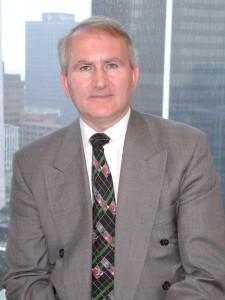 By Adrian Mastracci, KCM Wealth
By Adrian Mastracci, KCM Wealth
Special to the Financial Independence Hub
Investors know that not all parts of personal finances are created equal. Some areas definitely have more impact on the money strategies.
Questions always arise as to which ones to best consider closely. I’ve identified a half dozen key money moves for practically everyone.
A smart step for individuals and families is to prioritize my six core financial matters. Place them at the front of the line and attend to them in detail.
Try not to start the discussions within the comforts of your home. Instead, plan a few walks with your spouse and, perhaps, Fido.
It’s a great way to enjoy the outdoors and have a relaxed chat about the finances.
Make it a fun outing by indulging in that favourite treat.
My suggestions touch on the core of investing, estate planning and retirement.
Your mission is to ensure that each area delivers.
Explore whether a few tweaks would fortify your foundations.
You want each area to fit like a glove into your total game plan.
I summarize six core areas that benefit from your focus: Continue Reading…







